Legionella Testing, Control and Risk Management Services
Protect your patients, clients & staff. Reduce your Legionella liability. Legionella Controls Systems can help with our Legionella testing, control and risk management services. Our Legionella services include Legionella testing, control consulting, defensible water management plan development, water quality monitoring, and other services you need to build a safe water environment in your facility.
View our Legionella Remediation & Mitigation Systems & Equipment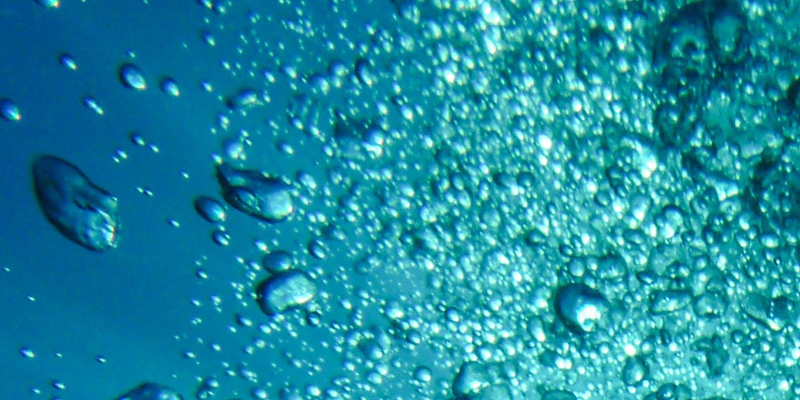
Legionella Control and Defensible Water Management Plan
Legionella Control and Defensible Water Management Plan
Our Legionella water management programs and services improve the safety of your facility and optimize the efficiency of your building water and HVAC systems.
Our solution helps our clients maintain documentation and make informed, data-driven decisions. If you already have a water safety plan for your facility, on-going verification and validation of the plan ensures that the plan is being implemented as designed and controlling the hazards.
Learn More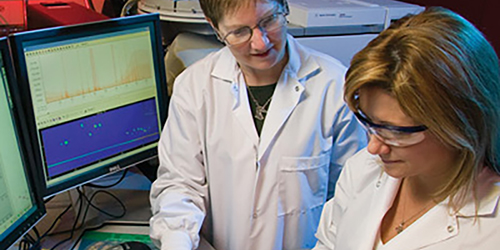
Legionella – Water Quality Monitoring
Legionella – Water Quality Monitoring
Legionella water quality monitoring provides the objective evidence necessary to make sound decisions on managing water quality today and in the future. It alerts to current, ongoing and/or emerging problems to determine compliance with water standards and to protect human health as well as the environment.
Learn More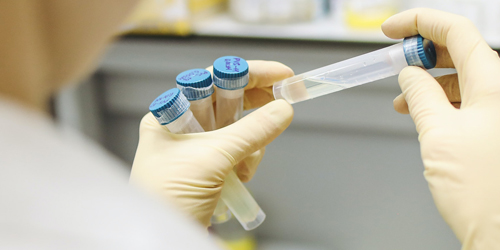
Legionella Testing
Legionella Testing
Protect your facility occupants from Legionella and other waterborne illnesses with independent testing. We utilize labs with that participate in the CDC ELITE program. Get Legionella test results quickly. If your water is positive for Legionella, we have the ability to quickly remediate Legionella and protect your facility for the longterm.
Learn More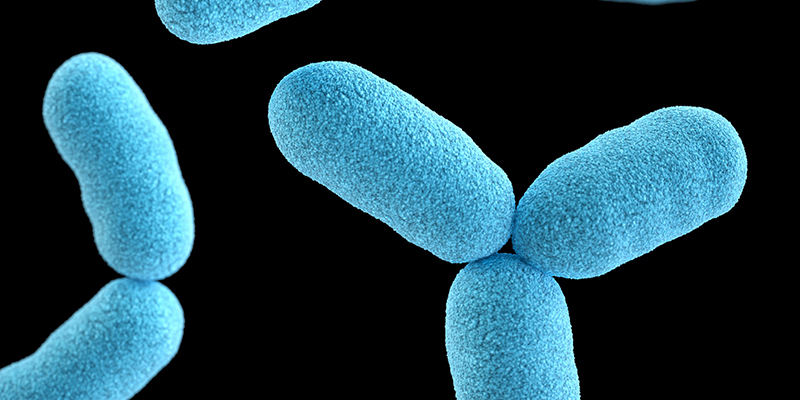
Legionella – A Deadly Healthcare Acquired Infection
Legionella – A Deadly Healthcare Acquired Infection
Each year 4 in 100 hospital patients acquire an infection related directly to their hospital stay, known as a Hospital/Healthcare-Acquired Infection (HAI). These HAIs may be caused by any number of pathogens; viral, fungal or bacterial. One of the most fatal of HAIs is an infection caused by Legionella, namely Legionnaires’ Disease, which is found in water. It is estimated that 33% of HAIs are from water, which is why a comprehensive water management plan is critical to keep patients safe.
Learn More
Hospital Acquired Infections (HAI)
Hospital Acquired Infections (HAI)
Each year approximately 1 in 25 patients who are treated in a hospital are diagnosed with at least one infection related to their care in that hospital. Even more infections occur in health care settings other than hospitals and are not included in this statistic. Many of these Hospital Acquired Infections (HAIs) are caused by the most serious, antibiotic-resistant bacteria and in severe cases, may lead to sepsis or even death.
Learn MoreASHRAE 188 (2015) – Legionella Risk Management for Building Management Systems
ASHRAE 188 (2015) – Legionella Risk Management for Building Management Systems
On June 26, 2015, American National Standards Institute approved ASHRAE 188-2015, Legionellosis: Risk Management for Building Water Systems.
Learn More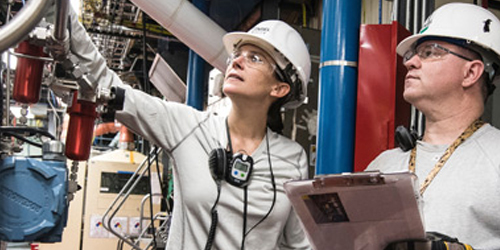
Legionella – Construction and Water Quality Management
Legionella – Construction and Water Quality Management
Construction projects create unique water quality issues that need to be addressed to ensure minimizing the risk of Legionella and waterborne diseases. Risks of diseases can be minimized if requirements are followed during the design, construction, commissioning, replacement and expansion of new and existing buildings or structures. All water systems and components should be included in a comprehensive, water management plan.
Learn More






